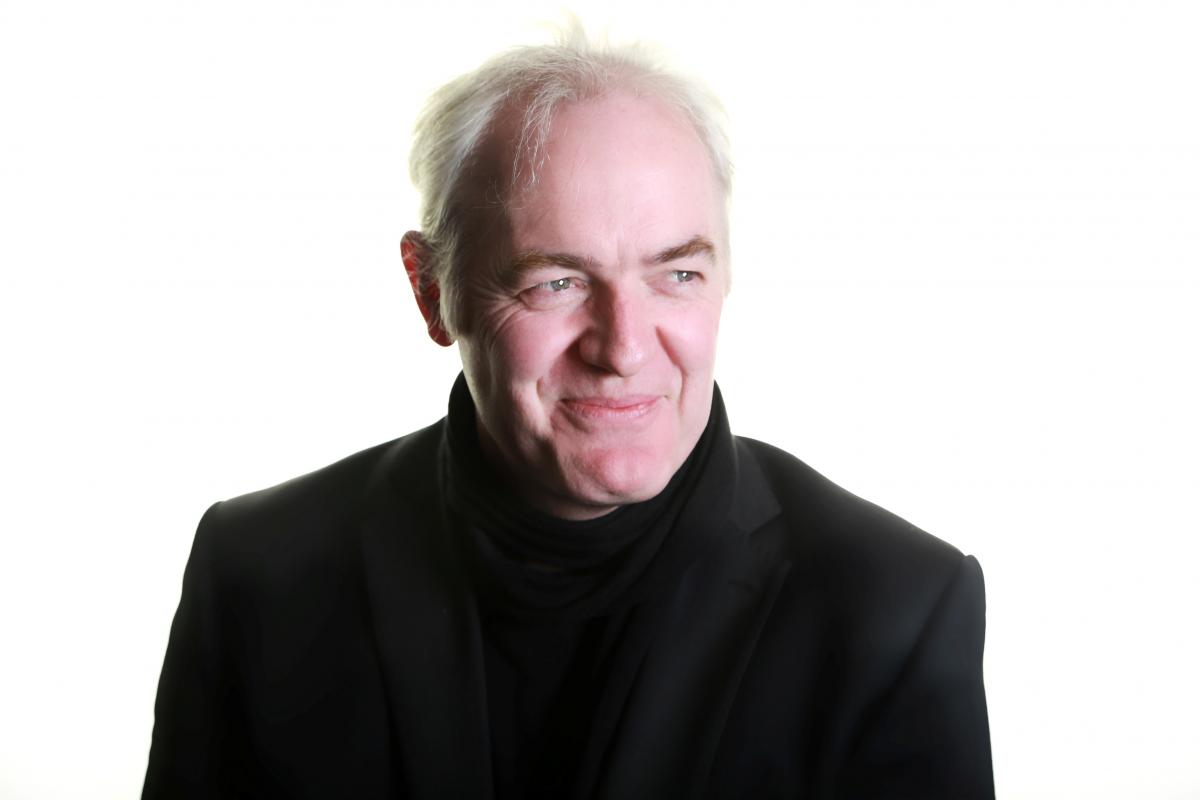
A Crash Course in Disco Polo #1: Today
Disco polo became popular in the early 1990s. It is still doing well and growing. Norient presents this Polish electronic dance music culture in a series of two posts. Part one: Disco polo today.
Try asking a Pole whether they listen to disco polo. Nobody does. Yet everyone knows at least a few songs and is ready to quote snippets of lyrics. It is at the weddings when all those who «don't listen» let go and dance to it. You can also encounter disco polo on a Saturday night at a village or small town discotheque. Hundreds of people flock to these to party to a live show of a disco polo act, which typically features a vocalist (or two), a few synchronised dancers, and a DJ. The show is the climax of the night, with resident DJs taking care of the crowd before and after. Discotheques aside, it can often be heard at small town and county fairs and at spring festivities on university campuses in the big Polish cities.
Anonymous polls have shown it to be the most popular music genre in Poland, ever since its eruption in the late 80s/early 90s. No major radio station dares play it, and the local ones that do tend not to stay on air for too long if 2-3 disco polo songs per hour is exceeded. It has traditionally been a taboo subject for music journalists.
With the spread of the Internet, which brought with it sky-rocketing Youtube playcounts of disco polo tunes, this began to change. 2011 saw the launch of the first TV channel devoted exclusively to disco polo (Polo TV). Since then, disco polo channels have mushroomed, popping up at a rate of about one a year. Some of those who used to turn a blind eye to the genre, now have the courage to say that disco polo is «coming back» or «doing better than ever». Even if it is only just increasing its presence in the media and in the cities. The first big disco polo venue, Explosion Club, only opened in Warsaw in 2010.
Disco polo musicians have never been poor. Most of them started in (or as) wedding bands and then gradually expanded to playing discotheques and festivals, often moving freely between both worlds. This means that even small local acts have enough paying gigs, and that the big shots regularly have their Saturday nights packed with two or three shows at different locations. On the threshold of fame there has always been fierce competition, but this intensified with the emergence of the disco polo TV channels.
Hard elbows, bribing, payola, accusations of fixing «audience» polls are common. So if you are a disco polo act, it makes sense to try not to offend the public. In case something goes wrong you can still land on your feet with weddings and company events.
«How do you like to play in [the name of the town]?»
«I love [the name of the town]’s public, we always feel at home here, you guys are fantastic.»
«What are you going to play tonight?»
«We are going to give our very best.»
Although disco polo is listened to just about everywhere in Poland, most top acts come from North-Eastern Poland with the city of Białystok being the centre of the industry.
If I was to demonstrate contemporary disco polo with a single song I will pick Soleo’s «Broken Heart». It was released in late 2013 by an act that is neither top nor small, and has gathered a moderate number of just over a million views in half a year. It is exactly 140 BPM and has a classic romantic minor harmony progression in the chorus. The video is shot in a small town and the images reflect the lyrics accurately.
Playlist
Soleo – Złamane serce
Avinion Dance - Płoniesz
Avinion Dance is a young act, who make sure their mobile phone number stands out so that they get more bookings. The beat is more cheerful as the love is still burning, and there are references to old school musicianship in the video.
Piękni i Młodzi – Kocham się w Tobie
The story of Piękni i Młodzi (The Young and Beautiful) illustrates disco polo’s controversial media presence. They made it to the final of «Must Be the Music» talent show in 2014, even though the four jurors (established Polish musicians) all hit «No» and the group progressed only through audience text message poll. Their song «I Am in Love with You» shows that it is hard to objectively pinpoint what really makes a song condemned as disco polo or let live as Polish pop.
Biography
Published on July 15, 2014
Last updated on April 11, 2024
Topics
From breakdance in Baghdad, the rebel dance pantsula in South Africa to the role of intoxications in club music: Dance can be a form a self-expression or self-loosing.
Place remains important. Either for traditional minorities such as the Chinese Lisu or hyper-connected techno producers.
From westernized hip hop in Bhutan to the instrumentalization of «lusofonia» by Portuguese cultural politics.

